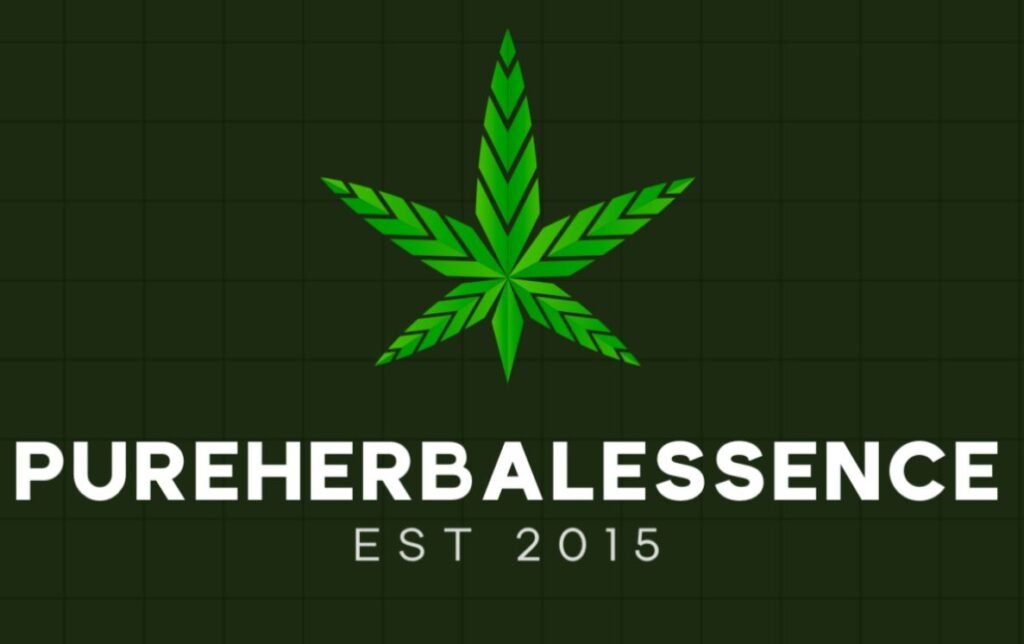Uncategorized
Exploring the Therapeutic Benefits of Cannabis in 2025
The landscape of healthcare is undergoing a profound transformation as cannabis emerges as a powerful therapeutic agent. In 2025, the conversation around medical cannabis benefits has moved beyond stigma into mainstream acceptance, backed by cutting-edge research and patient success stories. From chronic pain management to groundbreaking applications in mental health, cannabis is redefining treatment protocols across multiple medical disciplines. This comprehensive guide delves into the latest medicinal marijuana research updates, explores the role of cannabis for mental health 2025, and examines how CBD and anxiety treatment are revolutionizing patient care. Whether you’re a healthcare provider, patient, or wellness enthusiast, understanding these therapeutic cannabis uses is essential in today’s evolving medical landscape.
The Science Behind Medical Cannabis Benefits
Cannabis contains over 100 active cannabinoids, with THC (tetrahydrocannabinol) and CBD (cannabidiol) being the most studied for their medical cannabis benefits. These compounds interact with the body’s endocannabinoid system (ECS), which regulates functions like pain perception, immune response, mood, and sleep. In 2025, researchers are uncovering even more sophisticated mechanisms of action, particularly how minor cannabinoids like CBG (cannabigerol) and CBN (cannabinol) contribute to therapeutic effects.
One of the most significant medicinal marijuana research updates is the discovery of the “entourage effect”—the synergistic interaction between cannabinoids, terpenes, and flavonoids that enhances therapeutic outcomes. For example, myrcene, a common terpene, may boost CBD’s anti-inflammatory properties, while limonene can elevate mood when combined with THC. This holistic understanding is driving personalized cannabis medicine, where formulations are tailored to individual biochemical profiles.
Cannabis for Chronic Pain and Inflammation
Chronic pain affects millions worldwide, and traditional treatments like opioids come with high risks of addiction and side effects. In 2025, cannabis is increasingly recognized as a safer alternative, offering medical cannabis benefits without the dependency concerns. Studies show that THC and CBD work together to modulate pain signals, reducing neuropathic pain, arthritis discomfort, and migraines.
Topical cannabis products, such as creams and patches, are gaining traction for localized pain relief. These formulations allow patients to target specific areas without psychoactive effects, making them ideal for daytime use. Additionally, nanoemulsion technology is improving bioavailability, ensuring faster and more consistent pain management.
Cannabis for Mental Health 2025: A New Frontier
Mental health treatment is undergoing a paradigm shift, with cannabis for mental health 2025 playing a pivotal role. CBD, in particular, has shown promise in reducing symptoms of anxiety, depression, and PTSD. Unlike traditional antidepressants, which can take weeks to work, CBD offers rapid relief for acute anxiety episodes, making it a valuable tool for panic disorders.
New research highlights how THC, when used in controlled microdoses, may help with depression by stimulating serotonin production. However, the dosage and strain selection are critical—too much THC can exacerbate anxiety, while balanced THC:CBD ratios (like 1:1) tend to provide optimal results. Therapists are now integrating cannabis into treatment plans alongside psychotherapy, offering patients a holistic approach to mental wellness.
CBD and Anxiety Treatment: What the Latest Studies Reveal
The relationship between CBD and anxiety treatment is one of the most researched areas in cannabis medicine. In 2025, clinical trials confirm that CBD reduces activity in the amygdala, the brain’s fear center, while promoting relaxation without sedation. This makes it ideal for social anxiety, generalized anxiety disorder (GAD), and even performance anxiety.
Innovative delivery methods are enhancing CBD’s efficacy. Fast-acting sublingual strips and water-soluble CBD powders allow for precise dosing, while extended-release capsules provide all-day relief. Some psychiatrists are even prescribing CBD as a first-line treatment for mild to moderate anxiety, reducing reliance on benzodiazepines.
Therapeutic Cannabis Uses in Neurological Disorders
Perhaps the most groundbreaking medical cannabis benefits are seen in neurological conditions. Epilepsy patients, especially children with Dravet syndrome, have experienced life-changing reductions in seizures thanks to FDA-approved CBD medications like Epidiolex. In 2025, researchers are exploring cannabis’s potential in Alzheimer’s disease, where its anti-inflammatory properties may slow cognitive decline.
Parkinson’s disease patients are also finding relief from tremors and muscle rigidity with THC-dominant strains. Meanwhile, multiple sclerosis (MS) sufferers report improved mobility and reduced spasticity with cannabis-based oral sprays like Sativex, which is now approved in over 30 countries.
Cancer Support and Cannabis: Easing Symptoms and Side Effects
Cancer patients are turning to cannabis to manage chemotherapy-induced nausea, pain, and appetite loss. The therapeutic cannabis uses in oncology are expanding, with studies suggesting that certain cannabinoids may even inhibit tumor growth in preclinical models. While cannabis is not a cure for cancer, its role in palliative care is undeniable.
In 2025, oncologists are more open to integrating cannabis into treatment plans, particularly for patients struggling with opioid-resistant pain. CBD-rich tinctures are also being used to counteract the anxiety and insomnia often associated with cancer diagnoses.
Medicinal Marijuana Research Updates: What’s Next?
The future of cannabis medicine is bright, with several exciting medicinal marijuana research updates on the horizon. Psychedelic-assisted therapy, combining psilocybin with cannabis, is being studied for treatment-resistant depression. Additionally, researchers are investigating how cannabinoids can modulate gut health, potentially offering new solutions for IBS and Crohn’s disease.
Federal legalization in more countries is accelerating research, allowing scientists to conduct large-scale clinical trials. In the U.S., the DEA’s potential rescheduling of cannabis could unlock federal funding for studies, paving the way for more FDA-approved cannabis medications.
FAQs About Medical Cannabis Benefits
1. Is medical cannabis safe for long-term use?
Current research suggests that cannabis is well-tolerated, but long-term effects may vary based on dosage and individual health. Consulting a healthcare provider is recommended.
2. Can CBD replace prescription anxiety medications?
For some patients, yes—but abrupt discontinuation of prescribed medications can be dangerous. Always consult a doctor before making changes.
3. What’s the best way to consume medical cannabis?
Delivery methods depend on the condition. Inhalation offers fast relief, while edibles provide longer-lasting effects. Topicals are ideal for localized pain.
4. Are there risks of dependency with medical cannabis?
While cannabis has a lower addiction risk than opioids, psychological dependence can occur with heavy THC use. CBD, however, is non-habit-forming.
The Future of Cannabis in Medicine
As we advance into 2025, the medical cannabis benefits will continue to reshape modern medicine. With ongoing research, improved formulations, and greater acceptance among healthcare providers, cannabis is poised to become a cornerstone of integrative medicine. Patients now have more options than ever, from strain-specific therapies to precision-dosed pharmaceuticals.
For those exploring therapeutic cannabis uses, education is key. Staying informed about the latest medicinal marijuana research updates ensures safe and effective treatment. As the science evolves, so too will the ways we harness cannabis for healing—ushering in a new era of natural, patient-centered care.
For more insights on CBD and anxiety treatment and the latest in cannabis medicine, follow Pureherbalessence—your trusted source for evidence-based wellness.

